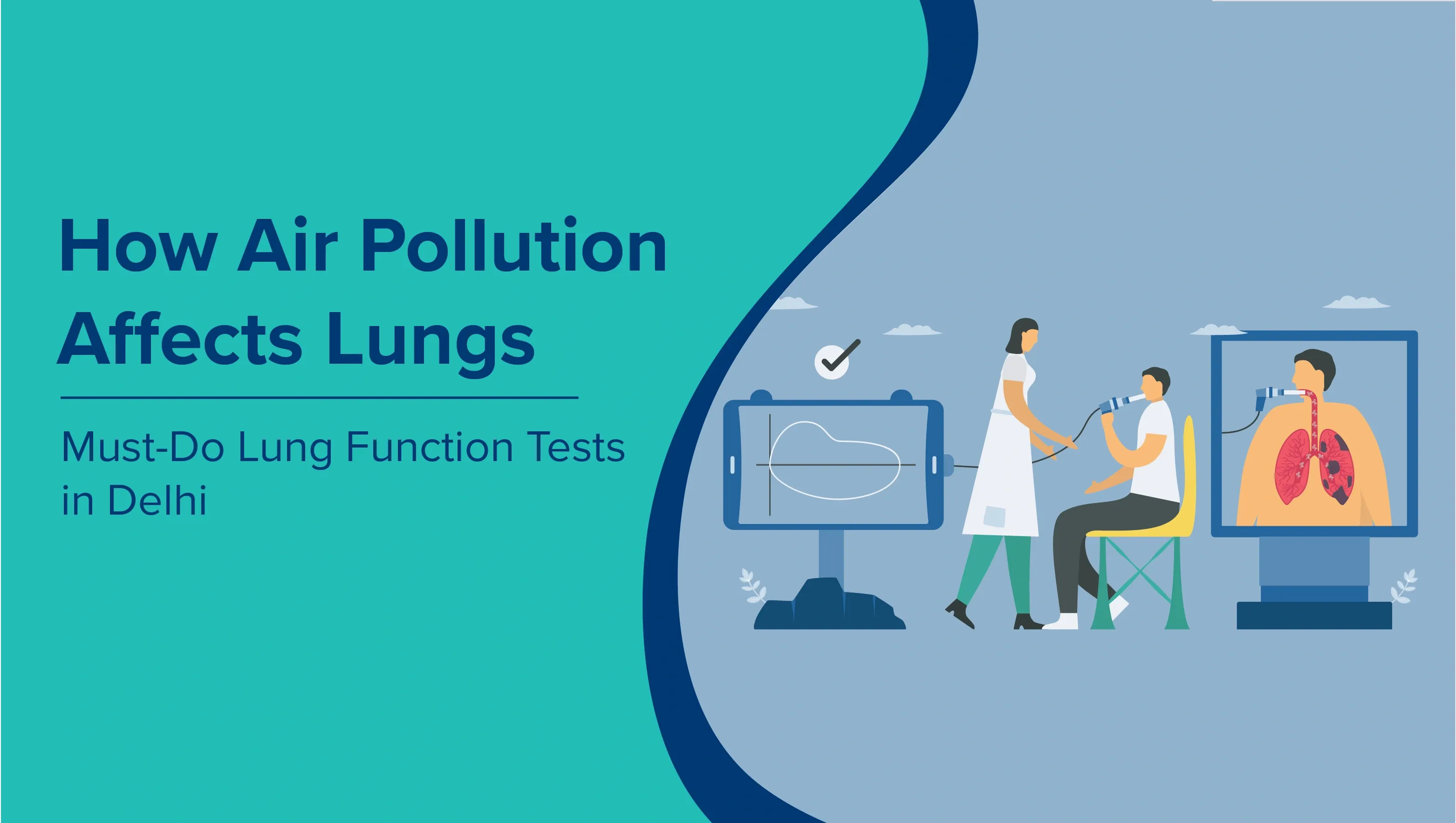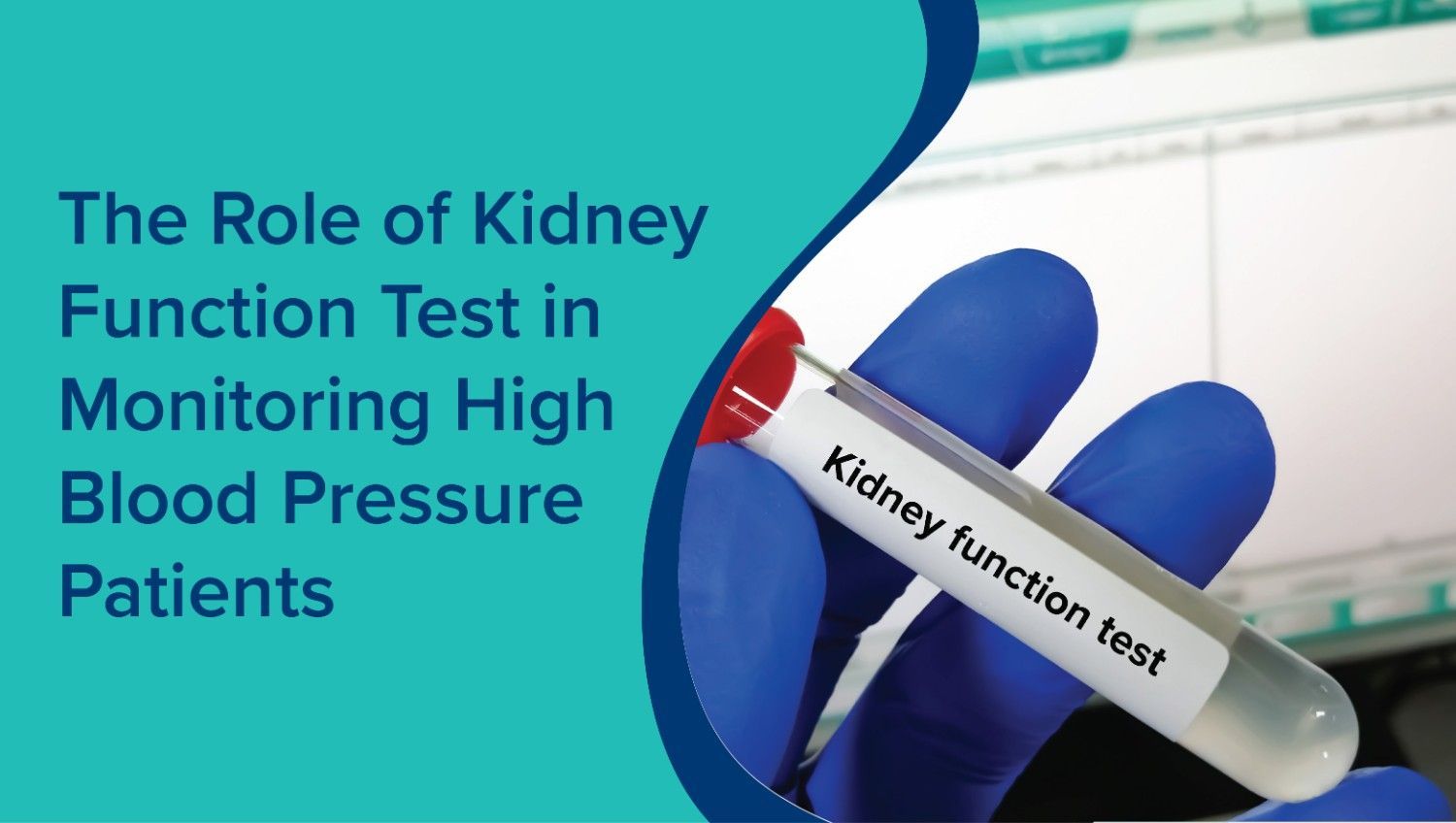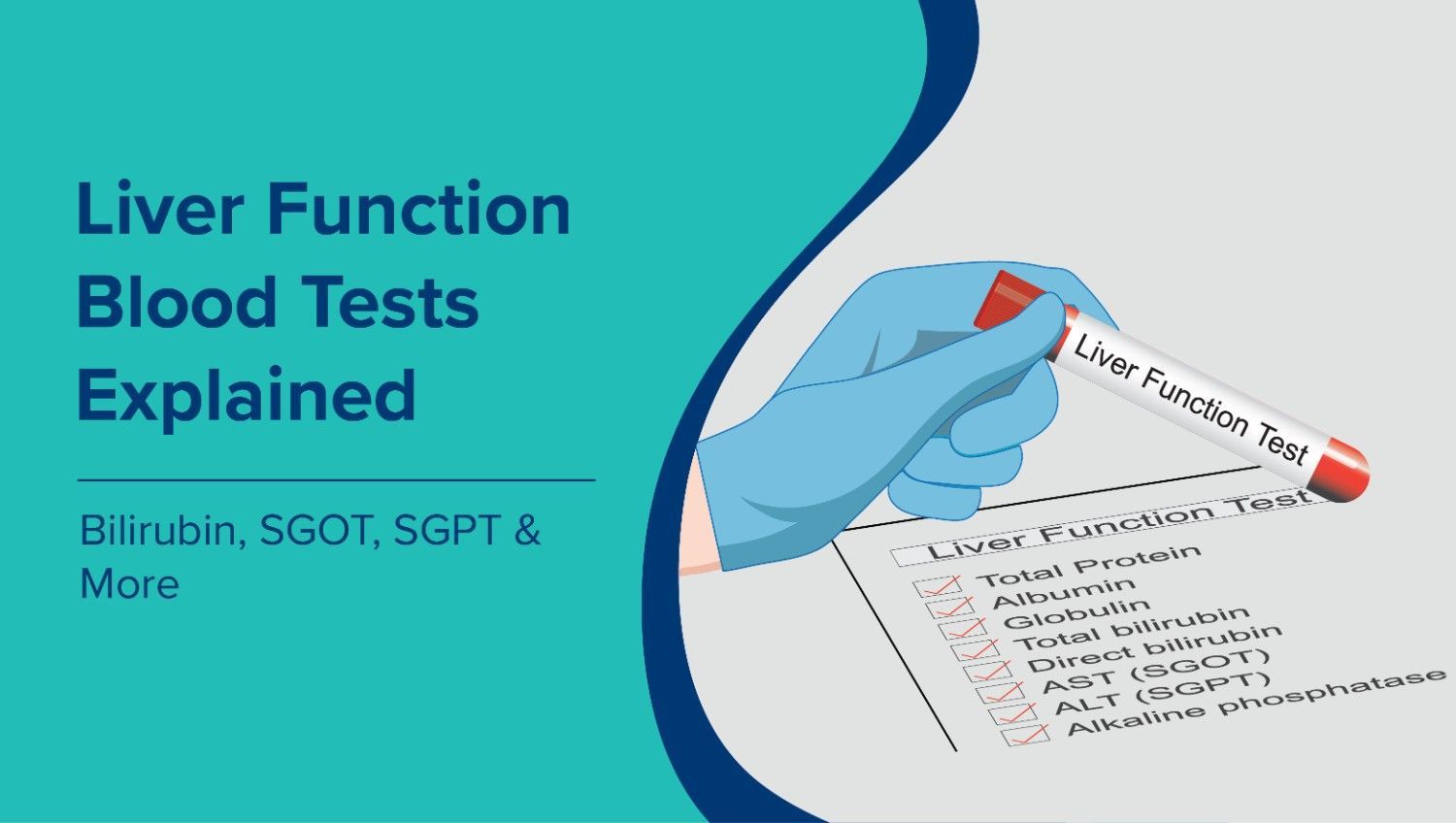Air pollution in Delhi is a serious public health concern, with the city often recording some of the highest pollution levels in the world. Prolonged exposure to polluted air introduces fine particulate matter such as PM2.5 and PM10, along with toxic gases like nitrogen dioxide and ozone, into the respiratory system. That said, the impact of air pollution in Delhi extends beyond temporary breathing discomfort, as it increases the risk of chronic respiratory diseases, weakens immunity, and worsens health conditions such as asthma and bronchitis. Understanding how Delhi’s polluted air impacts lung health and scheduling regular lung function tests are essential for detecting early damage, managing symptoms, and preserving long-term respiratory well-being. In this blog, we explore how Delhi’s air pollution affects lung health and outline the key diagnostic tests that can detect early signs of damage while supporting timely preventive care.
What Makes Delhi’s Air Hazardous?
Delhi’s poor air quality results from multiple overlapping factors that release harmful pollutants, particles, and gases into the atmosphere. These combined sources contribute to the city’s recurring air pollution crisis.
PM2.5 and PM10: Fine Particles That Damage Lung Health
PM2.5 and PM10 refer to tiny airborne particles that are small enough to enter the lungs. PM10 particles can settle in the upper respiratory tract, while PM2.5 particles are even finer and can penetrate deep into the lungs, reaching the bloodstream. These pollutants are among the most dangerous sources of air pollution, known to cause inflammation, breathing difficulties, and long-term respiratory illnesses.
Toxic Gases: Nitrogen Dioxide, Ozone, Carbon Monoxide
In addition to particulate matter, toxic gases like nitrogen dioxide , ozone , and carbon monoxide (CO) are major contributors to air pollution causes and effects in Delhi. These gases are released from vehicles, industrial emissions, and burning of waste materials. Exposure can irritate the airways, reduce lung function, and increase the risk of chronic bronchitis or heart disease.
Seasonal Spikes: Winter Smog and Diwali-Related Pollution
Delhi’s air pollution levels rise sharply during winter due to stagnant weather conditions that trap pollutants close to the ground. Crop burning in neighbouring states, increased vehicle use, and firecracker smoke during Diwali worsen the smog, reducing visibility and air quality. This seasonal spike heightens respiratory risks, particularly for children, the elderly, and individuals with asthma or other lung conditions.
How Air Pollution Affects Lung Health
Air pollution directly impacts how well the lungs function and how efficiently they supply oxygen to the body. Prolonged exposure to polluted air allows harmful particles and gases to enter the respiratory system, causing inflammation and damaging delicate lung tissue. The effects can be both short-term and long-term, depending on the level and duration of exposure.
Short-Term Effects
In the short term, exposure to polluted air can irritate the eyes, nose, and throat. People often experience coughing, wheezing, or shortness of breath after being outdoors for extended periods, especially during high-pollution days. For those with asthma or allergies, symptoms can worsen as pollutants inflame the airways and reduce airflow. This is how air pollution causes respiratory problems such as acute bronchitis or asthma flare-ups, even in otherwise healthy individuals.
Long-Term Impact
Continuous exposure to toxic air can lead to lasting damage. Fine particles and gases gradually weaken lung tissue, resulting in conditions such as Chronic Obstructive Pulmonary Disease (COPD) and an increased risk of lung cancer. Over time, lung capacity decreases, making breathing more difficult and reducing overall stamina. Children, older adults, and people with pre-existing respiratory conditions are particularly vulnerable to these effects, as their lungs are either still developing or already weakened.
Warning Signs That You May Need a Lung Checkup
Prolonged exposure to polluted air can gradually reduce lung function, often without obvious symptoms at first. Recognising early warning signs is essential to prevent long-term damage. Some common air pollution symptoms that suggest it may be time for a lung check-up test include:
-
Persistent cough or breathlessness: If you experience continuous coughing, wheezing, or find it hard to breathe even after mild activity, it could signal underlying respiratory irritation or inflammation.
-
Chest discomfort or recurrent infections: Frequent respiratory infections, tightness, or pain in the chest may suggest your lungs are struggling to filter out pollutants effectively.
-
Unexplained fatigue or wheezing: Feeling unusually tired or noticing a whistling sound while breathing can point to reduced oxygen exchange or airway constriction caused by pollution-related damage.
Must-Do Lung Function Tests in Delhi
Regular lung function tests are essential to assess how effectively your lungs are functioning and to detect early damage linked to prolonged exposure to air pollution in Delhi. For individuals planning a lung check-up at home, the following assessments are often recommended:
Core Tests
-
Spirometry: Measures how much air you can inhale and exhale, and how efficiently your lungs move air. It helps diagnose asthma, COPD, or breathing difficulties caused by long-term pollution exposure.
-
Peak Flow Test: Helps detect airway obstruction and monitor asthma or other chronic respiratory issues.
-
Chest X-ray or CT Scan: Provides detailed images to evaluate inflammation, scarring, or other structural lung changes due to pollution exposure.
-
Arterial Blood Gas (ABG): Determines oxygen and carbon dioxide levels to assess how well your lungs are exchanging gases.
Additional Blood Tests
A group of blood tests, including CBC, CRP, ESR, IgE, LDH, Carboxyhemoglobin, Ferritin, D-Dimer, and Allergy Panel, can reveal inflammation, infection, allergic sensitivity, or cell damage caused by poor air quality. Together, these evaluations offer a complete overview of lung health and can guide timely medical action to minimise the effects of Delhi’s rising pollution levels.
Why Choose MaxAtHome for Lung Function Tests?
If you are searching for a ‘lung function test near me’ in Delhi, MaxAtHome offers a convenient, home-based option. Here’s why many people prefer choosing MaxAtHome for their lung function testing needs:
Safe and Hygienic Home-Based Checkups
MaxAtHome provides safe, hygienic, and convenient at-home lung checkups across Delhi NCR. All procedures are conducted using sterile equipment and strict infection control protocols.
Trained Technicians and Reliable Testing Options
Experienced technicians perform spirometry, peak flow tests, and essential blood investigations right at your doorstep. Imaging tests such as chest X-rays or CT scans can be arranged through associated diagnostic partners when required.
Quick Report Turnaround and Doctor-Reviewed Results
Test results are processed quickly and reviewed by qualified doctors to ensure accurate interpretation and timely guidance for your lung health.
Part of Preventive Health Checkup Plans
Lung function testing is also included in comprehensive preventive health checkup packages, making it easy to track respiratory health along with overall wellness — all from the comfort of home.
How to Protect Your Lungs in Delhi’s Polluted Air?
Given that air pollution in Delhi is unlikely to reduce significantly in the near future, taking proactive steps to protect your lungs is essential. The following measures can help minimise exposure and support better respiratory health:
Follow Daily Preventive Habits
Wearing a well-fitted N95 mask when outdoors, using indoor air purifiers, and avoiding outdoor activities during peak pollution hours can greatly reduce pollutant inhalation. These preventive measures help limit how air pollution affects the lungs and lower the risk of respiratory irritation.
Maintain a Balanced, Antioxidant-Rich Diet
A diet rich in Vitamin C, Vitamin D, and Omega-3 fatty acids, found in citrus fruits, green vegetables, nuts, and fish, can help reduce inflammation and strengthen immunity. These nutrients aid in repairing lung tissue affected by prolonged exposure to pollution.
Stay Hydrated and Practise Breathing Exercises
Drinking enough water helps eliminate toxins from the body, while deep breathing exercises or pranayama improve lung function and oxygen exchange. Combining these habits with regular preventive health checkups ensures early detection of any pollution-related respiratory concerns and supports long-term lung wellness.
Conclusion
While the effects of air pollution on the lungs can be serious, timely prevention and early detection make a significant difference. Regular lung function tests help identify early signs of damage, allowing for prompt care before symptoms worsen. With MaxAtHome, you can conveniently schedule a lung check-up at home, ensuring continuous monitoring and professional guidance without stepping out. From complete body checkups in Delhi to specialised lung function tests, MaxAtHome provides comprehensive testing facilities to help safeguard your health against Delhi’s persistent pollution and support long-term wellness.
Frequently Asked Questions
How does air pollution affect lung health?
Air pollution exposes the lungs to fine particles such as PM2.5 and PM10, which can penetrate deep into the airways and cause inflammation. Prolonged exposure increases the risk of asthma, bronchitis, and reduced lung capacity. Over time, it may also contribute to chronic respiratory diseases or worsen pre-existing conditions. Regular lung function tests help detect early changes and support timely medical care.
What are the common symptoms of lung damage caused by air pollution?
Symptoms may include persistent cough, shortness of breath, chest discomfort, fatigue, and frequent throat irritation. In severe cases, individuals may experience wheezing or difficulty breathing, especially during outdoor activities. These signs often indicate inflammation or airway narrowing due to polluted air. If such symptoms persist, a lung function test is recommended.
What are PM2.5 and PM10, and how do they harm the lungs?
PM2.5 and PM10 refer to fine and coarse particulate matter suspended in polluted air. PM2.5 particles are extremely small and can reach deep into the lungs, entering the bloodstream and causing oxidative stress. PM10 mainly irritates the upper airways. Both types can trigger asthma attacks, aggravate COPD, and reduce lung function, especially in children and older adults exposed to air pollution in Delhi.
Who is most at risk from exposure to high PM2.5 and PM10 levels?
People with asthma, COPD, heart disease, or weak immunity are most vulnerable. Children, the elderly, and those spending long hours outdoors are also at higher risk. Prolonged exposure to Delhi’s poor air quality can cause recurring respiratory infections or worsen existing health issues. Preventive lung checkups and timely medical guidance can help reduce long-term risks.
Which lung function tests are recommended for people living in polluted cities like Delhi?
Recommended lung function tests include Spirometry (to measure airflow and lung capacity), Peak Flow Test (for detecting airway obstruction), and Arterial Blood Gas (ABG) Test (to assess oxygen and carbon dioxide levels). A chest X-ray or CT scan may also be suggested for structural evaluation. These tests help identify early signs of pollution-related damage and track respiratory health.
How often should you get a lung function test done in Delhi?
For healthy adults exposed to air pollution in Delhi, an annual lung checkup is advisable. Those with respiratory symptoms, allergies, or chronic conditions may need tests every six months. Regular testing helps monitor lung capacity, detect inflammation early, and guide lifestyle or treatment adjustments before complications arise.
Can air pollution cause asthma or worsen existing respiratory conditions?
Yes. Air pollution contains fine particles, nitrogen dioxide, and ozone that irritate the airways and trigger asthma attacks. In individuals with pre-existing respiratory diseases such as COPD or bronchitis, polluted air can worsen symptoms and increase the frequency of flare-ups. Using masks outdoors and scheduling lung function tests can help track the impact on breathing.
How can you protect your lungs from PM2.5 and PM10 exposure?
Limit outdoor activities during high pollution hours, wear certified N95 masks, and use air purifiers indoors. Maintain good hydration, include antioxidant-rich foods in your diet, and ventilate your home when air quality improves. Regular preventive health checkups and lung function tests at home help monitor respiratory health and detect any early decline.
Are there home-based lung tests available in Delhi?
Yes. With MaxAtHome, you can book a lungs check up at home in Delhi for convenient and safe testing. Trained technicians collect samples or conduct basic lung assessments under hygienic conditions, and results are reviewed by qualified doctors. This service helps individuals track their respiratory health without visiting a hospital, especially during high-pollution periods.
What lifestyle changes help improve lung function in polluted environments?
Engage in light indoor exercise, practice deep-breathing routines, and eat foods rich in vitamins C and E to support lung repair. Avoid smoking, maintain good indoor ventilation, and keep houseplants that help purify the air. Adequate sleep and stress management also support lung efficiency. Regular preventive health checkups ensure your lungs stay healthy despite urban pollution.
How does air quality in Delhi impact people with COPD or bronchitis?
Poor air quality increases airway inflammation and mucus buildup in people with COPD or bronchitis, leading to frequent flare-ups and breathing difficulties. Exposure to PM2.5 and toxic gases can also reduce oxygen exchange in the lungs. Staying indoors on smog-heavy days and scheduling regular lung function tests in Delhi can help manage symptoms effectively.
Can long-term exposure to air pollution lead to permanent lung damage?
Yes. Continuous exposure to fine pollutants like PM2.5 can cause chronic inflammation, scarring of lung tissue, and irreversible reduction in lung capacity. Over time, this may lead to conditions such as COPD or pulmonary fibrosis. Regular lung checkups and early medical intervention help slow down disease progression and maintain respiratory health.
How can I book a home visit for a lung test with MaxAtHome?
Booking a lungs check up at home with MaxAtHome is simple. Visit the official MaxAtHome website, choose your preferred test package, and select a suitable time slot. A trained technician will visit your home for sample collection or assessment, following strict hygiene protocols. Reports are shared digitally, along with doctor consultations for next-step guidance. For assistance or to book directly, call 9240299624.















